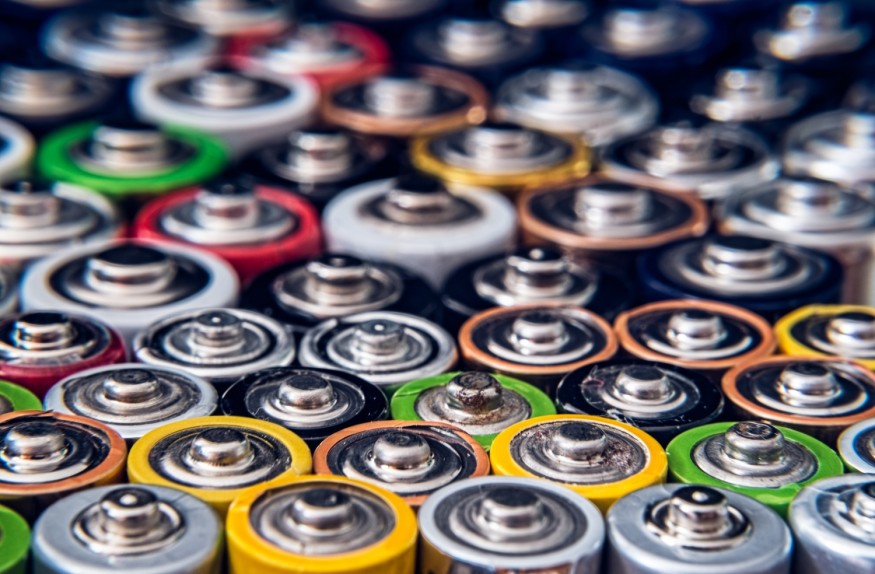A 66-year-old woman in Ireland was treated at St. Vincent's University Hospital in Dublin after ingesting 55 AA and AAA batteries. Science Alert reported that the number of batteries she ingested was initially unknown, but an X-ray revealed multiple AA and AAA batteries in her abdomen.
Fortunately, none appeared to be obstructing her gastrointestinal (GI) tract. The report said that the woman swallowed the batteries in the act of deliberate self-harm. Her case was published in the paper titled "Management of Cylindrical Battery Ingestion" in the Irish Medical Journal.
Treating the Woman's Battery Ingestion
As Science Alert reported, doctors who treated the woman used a conservative approach at first as they observed whether the batteries would naturally pass through her GI tract. After one week, only five AA batteries went out on their own, and X-rays in the following three weeks showed that most of them failed to continue progressing through her body.
However, the patient was already experiencing abdominal pain, so doctors decided to use laparotomy. They made an incision on her abdomen to access the abdominal cavity, where they found her stomach pulled down by the weight of the cylindrical batteries. Due to this, it had become distended and stretched along the pelvic bone
The team created a small hole in the stomach and removed 46 batteries and additional four batteries in the colon, which were milked into the rectum and removed via the anus. In total, the woman ingested 55 batteries.
To make sure no batteries were left inside the patient's stomach, they had an X-ray scan. The X-ray result confirmed that her GI tract was officially battery-free. The patient eventually made an uneventful recovery after her operation.

READ ALSO : Sustainable, Biodegradable Battery Made From Crab Shells Might Be the Future for Renewable Energy
Complications in Battery Ingestion
The doctors wrote in their case report that the case of the woman in Ireland represents the highest reported number of batteries ingested at a single point in time. Most battery ingestion cases were published in which a child had swallowed a small, button-style battery.
"The deliberate ingestion of multiple large AA batteries as a form of deliberate self-harm is an unusual presentation," the team reported.
According to Poison Control of the National Capital Poison Center, the number of debilitating or fatal battery ingestions has dramatically increased in recent years. Fatalities and severe esophageal or airway burn cases have been reported even in patients who initially had no symptoms after ingesting a battery, especially the lithium coin cells.
Large button batteries about 20mm in diameter are implicated in many severe cases in children, followed by smaller button batteries that may also get stuck and cause significant problems.
Burns and other life-threatening complications may occur if batteries are not removed from the esophagus within two hours. However, storms beyond the esophagus rarely cause a problem and may be left alone to naturally pass the patient without any symptoms.
RELATED ARTICLE: Your Kid Swallows a Battery, Now What? This Kitchen Ingredient Can Save Your Child's Life
Check out more news and information on Medicine & Health in Science Times.










